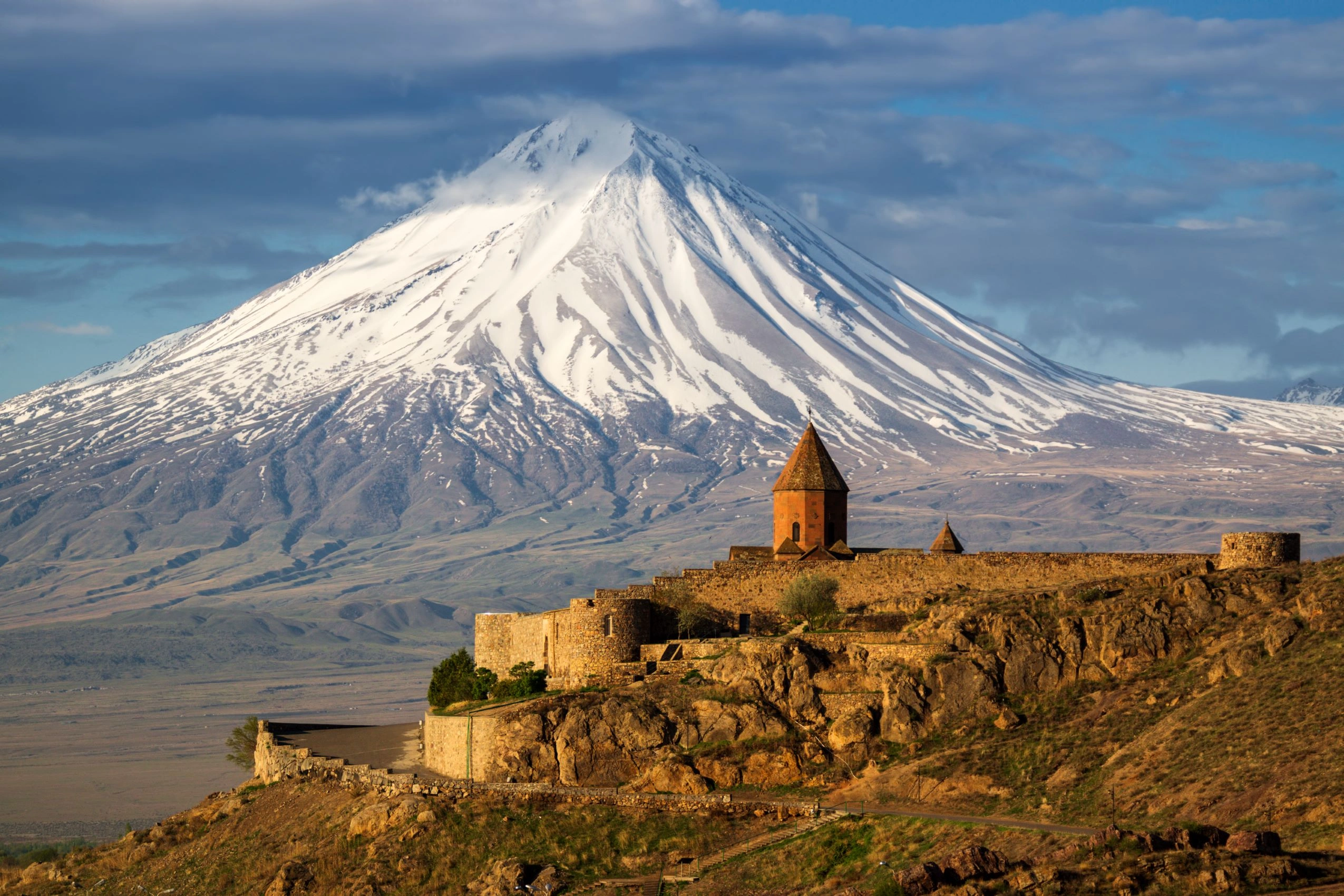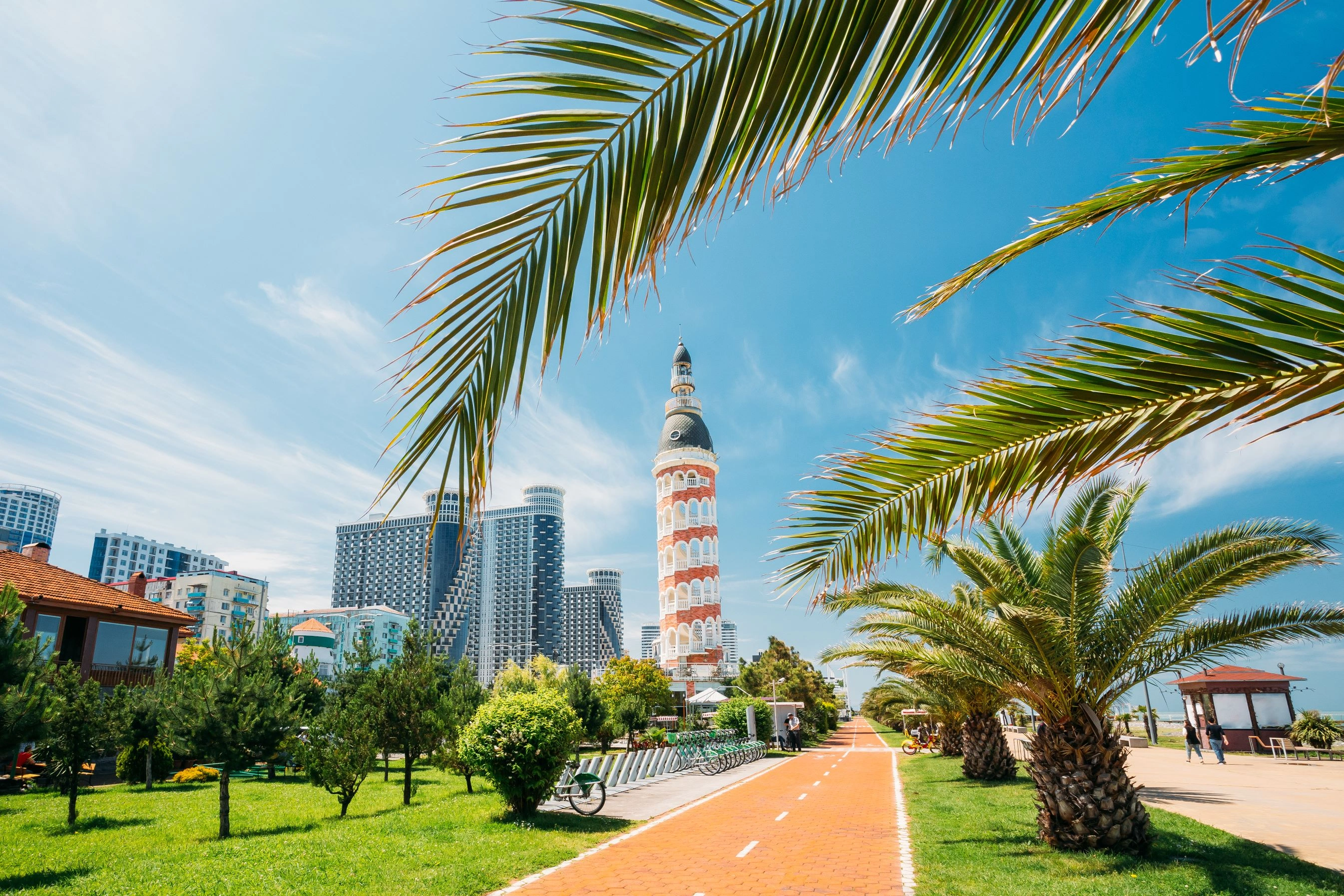What You Need to Know Before Traveling to Georgia

Georgia isn’t just a country—it’s a crossroads of culture, cuisine, and natural beauty. From the cobblestone streets of Tbilisi to the snowy peaks of the Caucasus and the Black Sea breeze in Batumi, Georgia offers a little bit of everything: adventure, charm, and a generous dose of hospitality.
If you’re planning a short trip or a full week of discovery, here’s everything you need to know before your journey begins—clear, practical, and infused with the warmth Georgia is known for.
Arriving in Georgia: Entry, Visas & First Impressions
Georgia makes travel easy. Most nationalities—including citizens of the EU, UK, USA, Canada, Australia, and many others—can enter visa-free and stay for up to one year. No visa application, no fees—just show up with a valid passport.
Tbilisi International Airport is the main international gateway, with modern facilities and a quick immigration process. From the moment you arrive, you’ll notice that Georgians are warm, curious, and genuinely happy to welcome guests.
Language, Currency & Communication
The official language is Georgian, a unique and ancient tongue with its own beautiful script. While English is widely spoken in Tbilisi and tourist areas, learning a few Georgian phrases—like gamarjoba (hello) or madloba (thank you)—can spark big smiles.
The currency is the Georgian Lari (₾ / GEL). Cash is commonly used, especially in smaller towns and markets, though credit cards are accepted in most hotels, restaurants, and shops in cities. ATMs are widely available and reliable.
Need to stay connected? SIM cards are inexpensive and easy to buy at the airport or local shops. Magti, Geocell, and Beeline all offer fast, affordable data packages starting around $5–10.
Getting Around the Country
Tbilisi is well-connected with public buses, a metro system, and taxis (including the Bolt app). For regional travel, marshrutkas (shared minibuses) are the most common budget option, but they can be confusing if you don’t speak the language.
If you want a more comfortable and efficient way to explore the mountains, wine regions, or the Black Sea coast, booking a guided tour or private transfer is your best bet.
Health, Safety & Emergency Info
Georgia is generally safe, and travelers often comment on how secure they feel—day or night. Petty crime is rare, and locals are helpful and respectful. Tap water is safe to drink in most cities, and pharmacies are well-stocked with international and local brands.
No vaccines are required to enter Georgia, but routine ones should be up to date. Travel insurance is recommended. In case of emergency, dial 112 for all services (police, fire, ambulance).
Food, Culture & Local Etiquette
Georgian food is one of the country’s biggest draws—and for good reason. Meals are social, soulful, and deeply satisfying. Don’t leave without trying khinkali (juicy dumplings), khachapuri (cheesy bread), lobio (bean stew), and mtsvadi (grilled meat skewers).
Meals often turn into supras—long, toasty gatherings with endless wine and heartfelt toasts. Georgia is also the birthplace of winemaking, with thousands of years of tradition still practiced today in clay qvevri (underground vessels).
Culturally, Georgians are proud, passionate, and incredibly hospitable. You may be invited for wine or a meal by someone you’ve just met—it’s part of the charm. Dress modestly when visiting churches or monasteries, and always remove your hat before entering.
When to Visit Georgia
Georgia is stunning year-round, but the best times to visit are spring (April to June) and autumn (September to October). These seasons offer mild weather, blooming landscapes, and colorful harvests—perfect for hiking, sightseeing, and wine tasting.
Summer (July–August) can be hot in Tbilisi and lowlands, but it's a great time to head for the cool mountain air in regions like Kazbegi or Svaneti, or relax by the Black Sea. Winter (December–February) transforms Georgia’s ski resorts into snowy playgrounds.
Whatever time of year you choose, Georgia delivers unforgettable scenery and atmosphere.
Climate, Packing & Electricity
Georgia has diverse landscapes and climates, so pack with flexibility in mind. Spring and autumn are ideal for walking tours and countryside exploration. Summer calls for light, breathable clothing, while winter travel requires warm layers and waterproof shoes.
Georgia uses European-style plugs (types C and F), with a 220V/50Hz electrical system. Bring a universal adapter if you’re coming from outside Europe.
Budget & Travel Costs
Georgia is very budget-friendly. A hearty meal can cost just $4–8, a cup of coffee around $1, and a comfortable daily travel budget (mid-range) sits between $35–75, depending on your preferences.
Whether you’re staying in boutique hotels or countryside guesthouses, taking a taxi through Tbilisi or a tour to the Caucasus, you’ll find great value at every turn.
Ready to Travel?
Georgia has a way of leaving its mark—not with loud sights or tourist traps, but with the quiet warmth of a toast shared among strangers, a view from a monastery on a hill, or the sound of polyphonic singing echoing through the mountains.
Let us help you experience Georgia like a local.
Book your tour with us, and we’ll take care of the planning—so you can focus on discovering the soul of this incredible country.






%20(2).webp)
.webp)
.webp)





